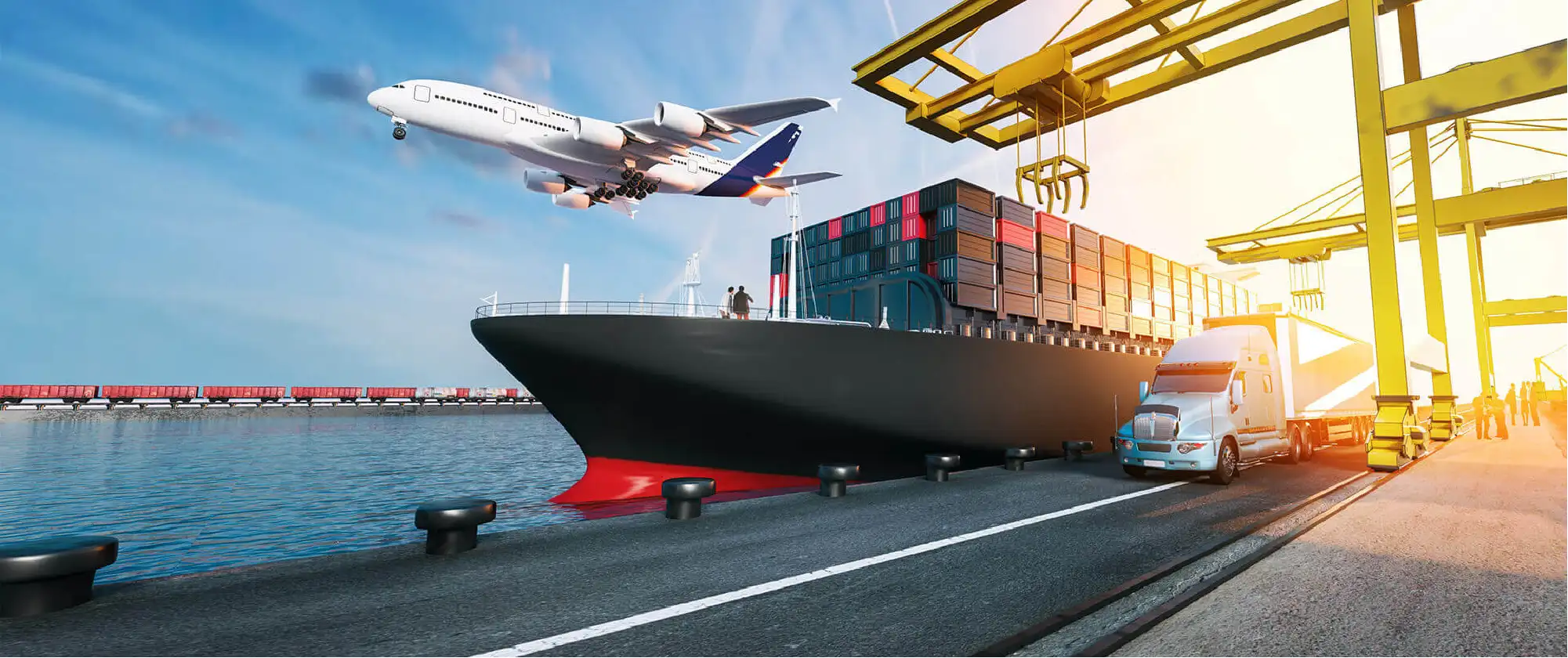The rapid advancements in technology have paved the way for a transformative future in transportation. Autonomous vehicles, also known as self-driving cars, are at the forefront of this revolution. This blog post delves into the future of transportation, focusing on the potential of autonomous vehicles and their impact on various industries.
- The Rise of Autonomous Vehicles:
Autonomous vehicles have gained significant attention in recent years, with major companies investing heavily in their development. These vehicles utilize cutting-edge technologies such as artificial intelligence, machine learning, and sensor systems to navigate and operate without human intervention. The future of transportation is poised to be revolutionized by their widespread adoption. - Enhanced Safety and Efficiency:
One of the key advantages of autonomous vehicles is their potential to significantly improve road safety. With advanced sensors and algorithms, these vehicles can detect and respond to potential hazards faster than human drivers. This technology has the potential to reduce accidents caused by human error, making roads safer for everyone. Additionally, autonomous vehicles can optimize traffic flow, reducing congestion and improving overall efficiency. - Transforming Urban Mobility:
Autonomous vehicles have the potential to reshape urban mobility. With the rise of ride-sharing services and the integration of autonomous technology, transportation networks can become more efficient and accessible. Commuters can enjoy a seamless and convenient travel experience, with reduced travel times and improved connectivity. Furthermore, autonomous vehicles can provide mobility solutions for the elderly and disabled, enhancing inclusivity in transportation. - Impact on Industries:
The future of transportation will have a profound impact on various industries. The automotive industry, in particular, will undergo a significant transformation. Traditional car manufacturers are adapting to this shift by investing in autonomous technology and exploring new business models. Additionally, the transportation and logistics sector will witness increased efficiency and cost savings through autonomous vehicles, revolutionizing the way goods are transported. - Infrastructure and Regulatory Challenges:
While the potential of autonomous vehicles is immense, there are several challenges that need to be addressed. Developing robust infrastructure, including smart roads and charging stations, is crucial for the widespread adoption of autonomous vehicles. Moreover, governments and regulatory bodies need to establish comprehensive frameworks to ensure safety, privacy, and ethical considerations are met.
Conclusion:
The future of transportation is undoubtedly being shaped by autonomous vehicles. With their potential to enhance safety, efficiency, and urban mobility, these vehicles are set to revolutionize the way we travel. However, addressing infrastructure and regulatory challenges is essential for their successful integration. As technology continues to advance, autonomous vehicles will become an integral part of our transportation ecosystem, ushering in a new era of mobility.






